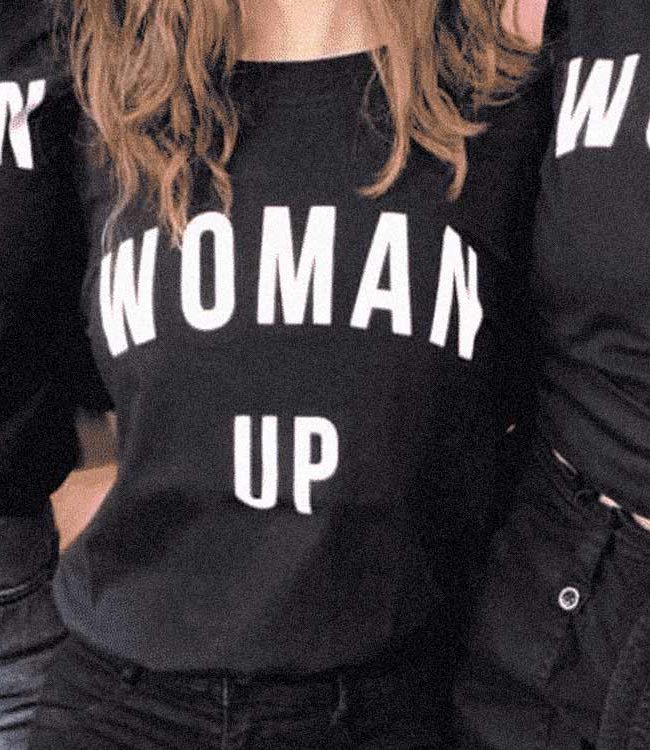We interviewed Hanan Challouki & Taha Riani, co-founders of Mvslim.com – an online space that unites people from different backgrounds and cultures, not only to create a strong community of Muslims, but to make the world of Muslims more accessible to others.
DTL: What were the motivations for setting up Mvslim.com?
Hanan: We started searching the word “Muslim” on Google and the images we found were horrifying; killings, weapons, images of children with guns, and so on. We wanted to change this, to change the perception of what being a Muslim is like, but also to create a platform where the diversity and lifestyle of young Muslims today, can be acknowledged.
DTL: What is it like to be a Muslim in today’s world?
Taha: Of course you’re easily labeled, with everything that’s going on in the world today. After every terror attack you have to prove to the world that you’re “one of the good guys”. With Mvslim, we think it’s important to start from our own positive narrative, instead of always having to defend yourself, and answer for the actions of other people.
DTL: What do you think needs to change?
Hanan: We think it’s time to acknowledge that people carry more than one identity, that you can’t box people into one category. As long as the outside world still perceives Muslims solely as Muslims, and not as (for example) Europeans, Americans, male/female, ethnical backgrounds, professionals … we still have a long way to go.
DTL: How do you think the internet informs identity and perceptions of identity? Were there any revelations when researching for Mvslim?
Taha: Internet and social media are having a huge impact on today’s identity processes and perceptions, there’s no doubting that. We get all these images and associations, and it forms how we perceive others, especially people that don’t necessarily ‘look’ like us. With Mvslim, we want to break stereotypes and stop the easy labelling process, based on someone’s appearances for example. A woman wearing a headscarf can be an engineer, a scientist, or anything else she wants to be. But these are not the professions that come to mind to a lot of people when seeing a woman with a hijab. We want to stop this narrow-minded thinking process by showing examples, so people think twice.
DTL: What have been the reactions to Mvslim so far?
Hanan: The past year has been amazing, since we launched in April 2015, we’ve gotten a lot of positive messages and reactions. Both from Muslims and non-Muslims, who like what we’re doing and tell us to keep going. So that’s what we’re going to do!
DTL: Like Ditch the Label, one of Mvslim’s main goal is to ‘bring people together’, how do you go about implementing that objective?
Taha: In a lot of our content, we put the emphasis on the things we all share, beyond the borders of ethnicity, religion or nationality. We think it’s important to also implement that in our vision and working process. Our team is international and very diverse, which means that there are people from all over the world contributing to Mvslim, both Muslims and non-Muslims as well. As long as you stand behind our vision, you are welcome to join us.
DTL: Have you personally ever experienced prejudice because of attitudes towards your ethnicity? If so can you tell us what happened and how you overcame the experience.
Hanan: We have both experienced prejudice, because of attitudes towards our ethnicity as our religion; from teachers discriminating against us in school, to random people in the streets shouting their racist opinions. We live in Belgium, we’re part of both an ethnic and a religious minority, and there will always be people who don’t want us there. We try to build towards a solution; more inclusion and understanding towards one another.
DTL: Do you have any advice/tips for readers, especially other young people from minority groups who feel as though their voice is not being heard?
Taha: Keep shouting, until they do.
DTL: We love that you are trying to break stereotypes with your content – can you link us to one of your favourite articles on Mvslim that you feel is a good example of this?
Hanan: There are so many examples of this on our website, one that we really like is about this 15-year-old girl who is Gaza’s first and only competitive female runner. You have to admire this, right?













